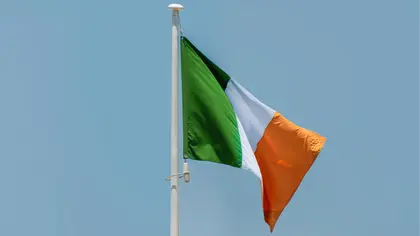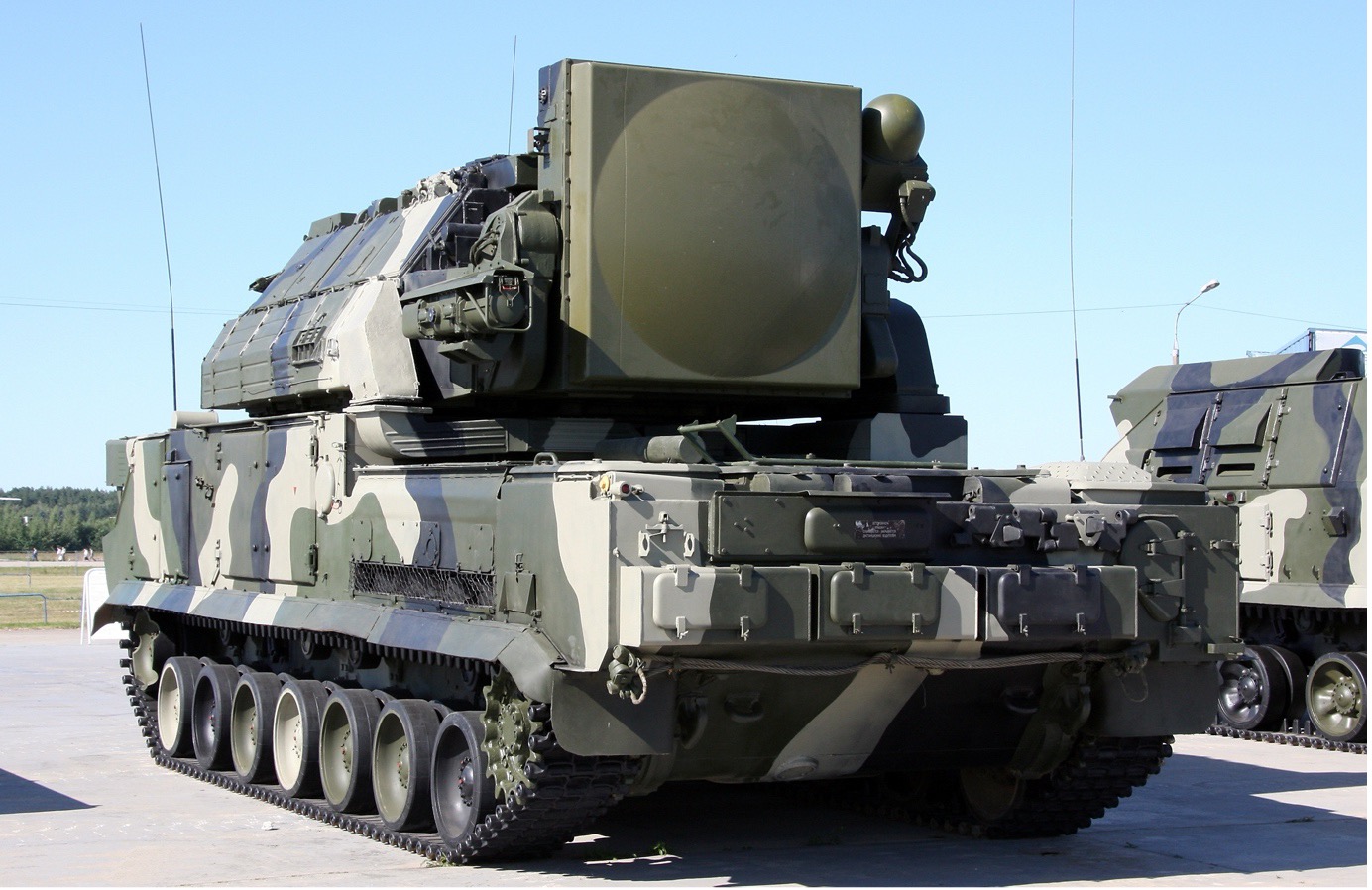Ireland begins a public debate on international security policy on Thursday, June 22, including its long-standing military neutrality, which sits increasingly at odds with European allies after Russia's invasion of Ukraine.
The consultation, which ends next Tuesday, follows the decision by previously non-aligned Finland and Sweden to reappraise decades of neutrality in the face of Kremlin aggression.
JOIN US ON TELEGRAM
Follow our coverage of the war on the @Kyivpost_official.
Debate in Ireland over pursuing NATO membership has stoked passions and threatened to divert the course followed by successive governments since the outbreak of World War II.
Last week President Michael Higgins, whose role in Irish politics is largely ceremonial, accused the government of "playing with fire" by raising the issue.
In an interview with Irish Sunday newspaper Business Post, the head of state said Ireland was at a "most dangerous moment" in foreign policy and described its present position as "one of drift".
Premier Leo Varadkar has talked down the forum's impact on the neutrality discussion, telling the lower house of Irish parliament on Tuesday the consultation had "no hidden agenda" and would deal with a wide range of defence issues.
"We're very clear about what our policy is. We're not going to be joining NATO or any other military alliance. We are going to be investing in our defence forces," he told the Dail.
The public consultation begins in the southern city of Cork and will progress to Galway on the west coast on Friday before concluding in Dublin on Monday and Tuesday next week.

At BRICS, Turkey Seeks to Expand Strategic Reach
Some 1,200 members of the public have registered to attend with more than 300 submissions to the forum, which will hear from international security experts, members of civil society and NGOs.
With 1.1 billion euros ($1.2 billion) spent on defence in 2022, Ireland has regularly lagged far below other EU members on defence spending and is accused by critics of relying on its neighbours for security.
- Peacekeeping -
Ireland's small, 8,500-strong defence force has traditionally engaged in international peacekeeping with over 500 personnel currently deployed overseas, the bulk engaged with the UN mission in Lebanon.
Following the sabotage of Nord Stream pipelines beneath the Baltic Sea last year, the frequent presence of Russian naval vessels off the Irish coast has raised concerns from the Irish government, EU and NATO over potential interference with vital transatlantic cables.
Ireland has just six offshore patrol vessels supported by two maritime patrol aircraft, according to the Royal United Services Institute, to monitor Ireland's exclusive economic zone, which makes up 16 percent of EU territorial waters.
Ahead of the consultation, the government has emphasised the need to evaluate cyberthreats. In 2021, a ransomware attack launched by a Russian gang crippled Ireland's state health services.
According to a June poll by the Irish Times/Ipsos the country's policy of neutrality remains popular and is backed by 61 percent of voters.
However, 55 percent of voters polled supported "significantly increasing" military capacity.
Last year, the government announced it would increase defence spending to 1.5 billion euros by 2028 -- the largest increase in defence funding in Ireland's history.
In February, Dublin signed off on participation in the EU's military assistance mission in Ukraine, supplying 30 members of the Irish Defence Forces to train Ukrainian armed forces.
The neutrality policy was developed in the aftermath of Ireland's bloody struggle for independence from Britain, an ensuing civil war and the creation of the Irish republic in 1937.
The state's founding constitution did not codify its neutral stance.
But successive governments have followed the precedent set under former premier Eamon de Valera when Ireland controversially opted for neutrality at the outbreak of World War II, despite criticism from Britain and the United States.
You can also highlight the text and press Ctrl + Enter






